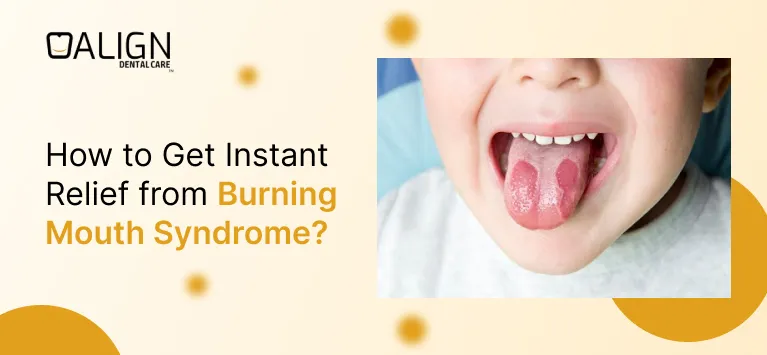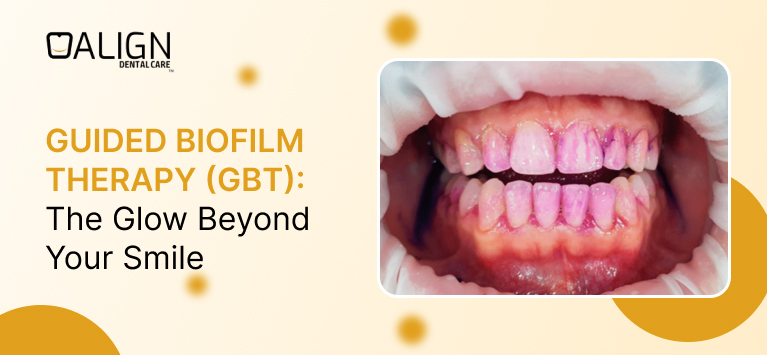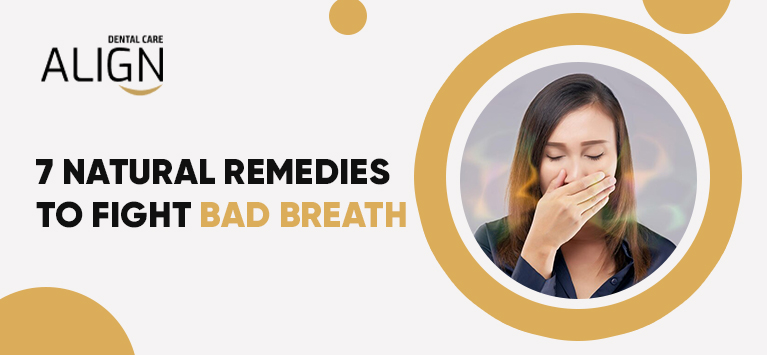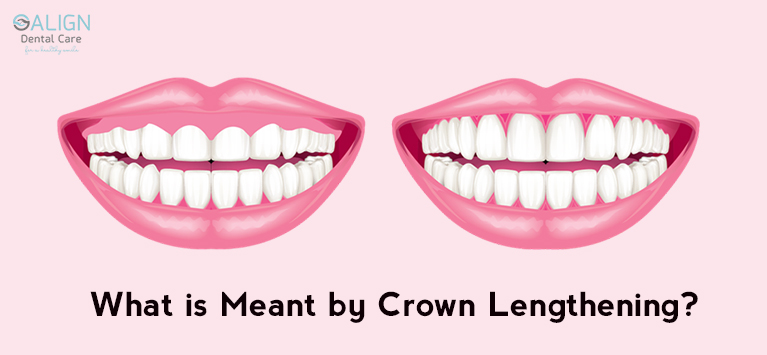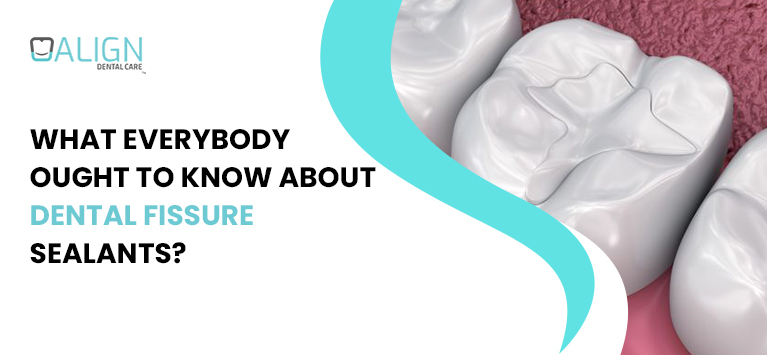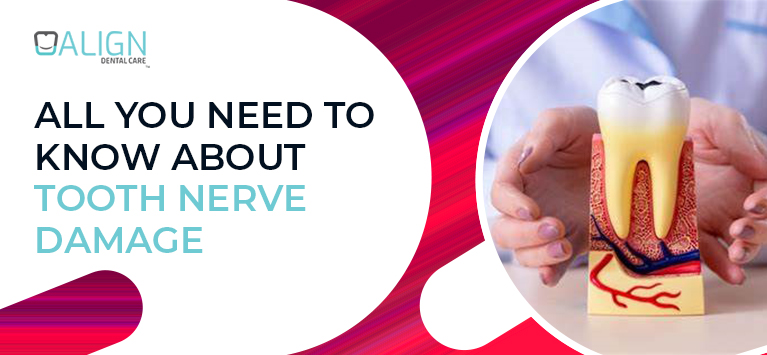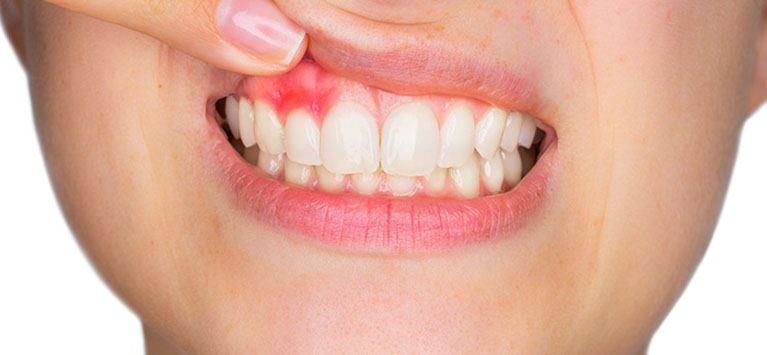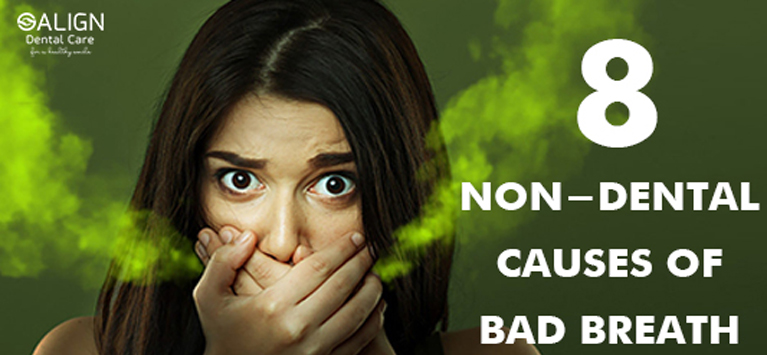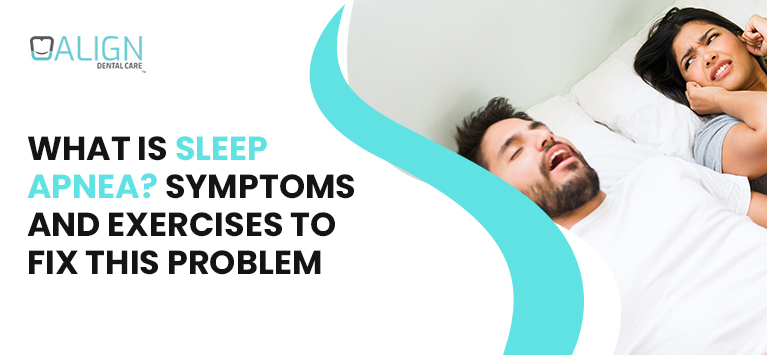
What is sleep apnea? Symptoms and exercises to fix this problem
Sleep apnea is a condition where the person’s breathing stops or repeatedly starts during sleep. You may experience daytime sleepiness and loud snoring.
People with sleep apnea are most likely to have obstructive sleep apnea.
This usually occurs when the upper airway is blocked. The second type of sleep apnea, called central sleep apnea, is caused by a problem with the nervous system. This can happen briefly, but it will repeatedly occur in sleep. They may then snort or take deep, shallow breaths.
Untreated sleep apnea can causes complications like heart disease or depression. You may feel drowsy, and this increase your risk of being involved in an accident while driving or at work.
Table of Contents
Symptoms
Even though a person with sleep apnea may not be aware of their symptoms, another person may observe them while sleeping.
- Stops breathing for a moment, then takes a loud breath.
- fatigue
- insomnia or restless sleep
- focusing is difficult,
- reduction in libido and erectile dysfunction
- irritability
- Heartburn
- screams for air
- snores a lot
Treatment
The goal of treatment is to restore normal breathing and treat any underlying medical conditions. The cause and severity will determine which treatment options are available.
What can exercise do for you?
Although it may seem odd to suggest that exercises can stop your snoring, It’s true. Some throat and mouth exercises may help with mild sleep apnea or snoring.
The muscles in your throat can cause sleep apnea and snore. These muscles can vibrate during breathing, which can lead to snoring if they become too relaxed at night. Sometimes, the muscles relax to the point that they completely block your airway. You will need to awaken throughout the night to restart your breathing.
To strengthen the muscles in your mouth, throat,and tongue do some exercises throughout the day. This will prevent you from snoring at night and can reduce symptoms of obstructive sleeping apnea.
Tongue Exercises
Begin with tongue exercises. Poor tongue positioning can lead to sleep apnea or snoring.
- Tongue Stretch: You can tone your tongue muscles by stretching your tongue as far as possible. While you are looking up, touch your chin with your tongue. Do this for 10 seconds, then repeat five times.
- Tongue Slide: Place your tongue right behind your front teeth on the roof of your mouth. Slowly slide your tongue along the roof of your mouth. Repeat upto five times.
- Tongue Push-Up: Press your entire tongue against your roof. For 10 seconds, hold the position and then repeat 5 times.
- Tongue Push Down: Place the tip of the tongue against your front teeth. Ten seconds. Repeat five times.
Breathing exercises
This exercise will improve your ability to breathe through your nose more consistently. You can improve your ability to breathe through the nose at night by doing breathing exercises throughout the day.
Alternate nostril breathing
Close your mouth and inhale through your nose. Block one nostril with a finger. Take a deep breath through the open nostril and inhale. Block the other nostril and then exhale through the open nostril.
Repeat this 10 times or more. This breathing exercise will show you how much you can breathe through each nostril. To open your airways, you can breathe through the congested nostril before bed.
Facial Exercises
Next, do face exercises. Toning your face and mouth can help prevent snoring and loose muscles at night.
To open and close your mouth, you will need first to close your mouth tightly while pressing your lips. Next, open your mouth and allow the muscles surrounding your jaw and mouth to relax completely. Repeat this 5-10 times.
Cheek Hook: Use a finger to hook your cheek and gently stretch it outward. To pull your cheeks inward, use your face and mouth muscles. Repeat this 5-10 times on each side. This will strengthen your facial muscles and keep your mouth closed during sleep.
Keep it up
To see results, you must keep at it. These exercises can reduce snoring if you snore, have mild obstructive sleeping apnea or snore for at least 10 minutes per day for three months.
Although you can do all the exercises at once, it is easier to do them 2 or 3 times per week. You don’t have to go to the gym for these exercises and don’t need any equipment.
Bottom line
Sleep apnea can be a problem that causes breathing to stop during sleep. It can cause fatigue and difficulty focusing and may indicate a more serious condition.
Sometimes, a person doesn’t know they have sleep apnea. However, someone who lives with them will be aware.
Anybody who suffers from daytime sleepiness should consult a doctor. They can help determine the cause and recommend the best steps to fix it.






